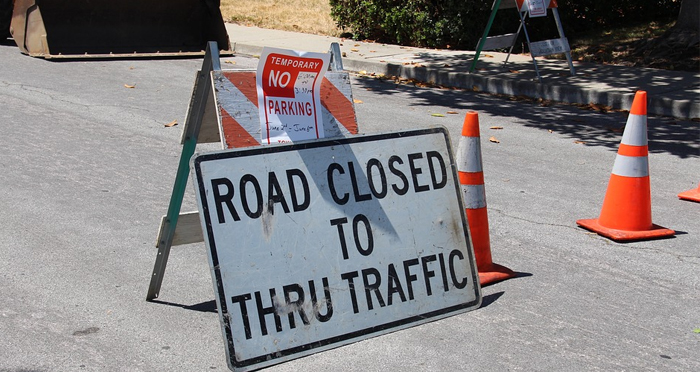Oregon Restaurant & Lodging Association Takes Legal Action Against the City of Bend to Protect Lodging Tax Dollars Intended for Tourism Promotion
The Oregon Restaurant & Lodging Association (ORLA) filed a lawsuit against the City of Bend for diverting the City’s room tax revenues away from tourism promotion and reducing the allocation for tourism promotion below what is required by law they say.
ORLA is challenging the validity and implementation of a recent Bend City Ordinance which amends the percentage of room tax revenue the City spends on the promotion of tourism and, according to ORLA, improperly diverts restricted room tax revenues to road maintenance.
“Cities must follow the restrictions in place for disbursement of the lodging tax revenues they collect,” said ORLA President & CEO Jason Brandt. “Unfortunately, Ordinance NS-2291 results in Bend being out of compliance with state law. The vast majority of tourism revenues in Bend can already be spent on general fund purposes so we hope our lawsuit results in acknowledgment from the courts that this recent act is in violation of Oregon law and must be undone.”
City of Bend Assistant City Attorney Ian Leitheiser has written this response to the lawsuit against the City:
“State law requires that different increments of local lodging tax revenues be allocated to tourism promotion or tourism facilities in certain percentages. State law also restricts cities from decreasing the percentage of total local lodging tax allocated to tourism below a certain amount. In the City’s case, that total percentage is 30 percent.
“In May 2017, the City took action to reduce the total allocation of local lodging tax revenue from 35.4 percent to 31.2 percent, in compliance with state law. The change was intended to create some additional General Fund flexibility for critical services, such as street maintenance, was balanced with the requirements of state law, and included input from members of Bend’s lodging and tourism industries.”
According to ORLA Bend City Ordinance NS-2291 violates state law (Oregon Revised Statue 320.350) in one or more of the following ways:
9 percent of the City’s 10.4 percent city room tax rate has a set of restrictions for appropriate use of those funds. Within the 9 percent city room tax rate, the City is statutorily required to spend 30 percent on tourism promotion and tourism related facilities.
The remaining 1.4 percent city room tax rate is subject to a statutorily required 70 percent investment in tourism promotion and tourism related facilities.
“Lodging operators should be recognized as financial partners of local governments,” said Brandt. “As tourism becomes more successful, so does the tax revenue provided to local governments to invest in the projects important to local residents.”
A report from Longwoods International shows for every $1 invested in tourism promotion, $237 is generated in economic impact and $11 in tax revenue to the benefit of Oregon residents.
ORLA is engaged on a state and local level, encouraging local municipalities to realize that shifts in tourism promotion investments can do more harm than good. Brandt argues there is a direct correlation between tourism promotion and a community’s own tax revenue. “Tourism promotion dollars are crucial to keeping Oregon’s visitor destinations top of mind. Local communities stand to lose significant tax dollars for their general funds if tourists choose to travel elsewhere.”
In 2003, the Oregon State Legislature passed HB 2267, mandating 70 percent of new or increased local lodging taxes be directed to tourism promotion or tourism related facilities. At that time, the City made the commitment to fund tourism promotion with 30 percent of the initial 9 percent tax rate in Bend. In 2013, the City’s residents approved Measure 9-94, which increased the City’s room tax rate from 9 percent to 10.4 percent. That 1.4 percent increase in tax rate is subject to the restrictions established in HB 2267. This past May the City passed an ordinance changing the allocation of tourism dollars.
“The City claims their new allocation of lodging tax dollars still follows state law. This is incorrect,” said Brandt. “There is an error in the total investment they are required to make in tourism promotions and/or facilities.”
The hospitality industry sees transportation investments as a crucial contributor to Oregon’s continued economic success. ORLA states it looks forward to working with Bend and other communities to help identify appropriate revenue streams to fund transportation investments including the unrestricted portion of lodging taxes.





